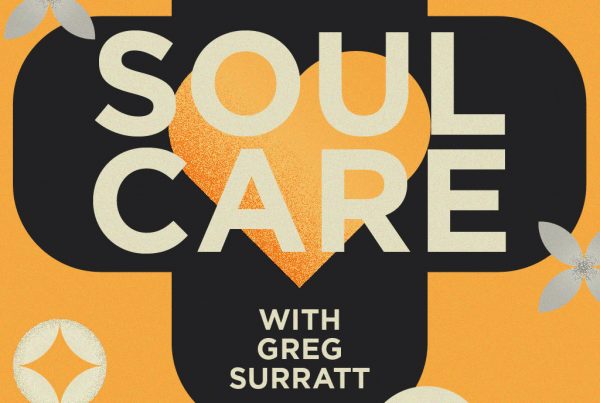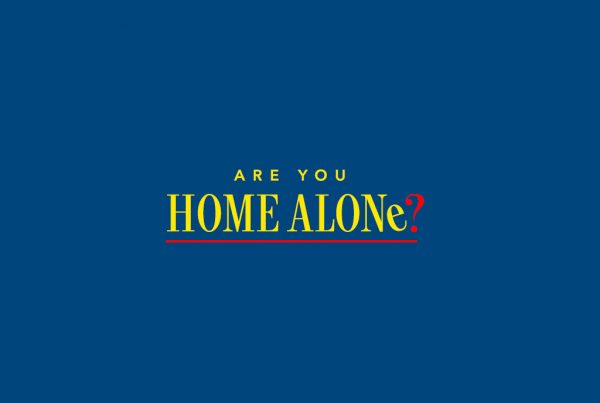“You have bipolar disorder.” Those are the words I heard as time stood still. I didn’t know much about mental illness, and I surely never thought I would be the one sitting in a chair hearing those words. I remained silent while shame and fear set in. I felt as though the diagnosis was a death sentence to my dreams. My lack of knowledge and understanding led me to believe this was the end of my life. Until that moment I had lived my life in survivor mode, taking things as they came, holding back tears, pushing forward, and putting on a face for others … until I couldn’t any longer.
Growing up in church culture, I believed prayer was the key to unlocking all I needed in God. I never understood mental illness or mental health in terms of a journey. I knew that depression and anxiety were very real things, but I thought of these conditions more as strongholds that needed to be prayed away rather than problems caused by chemical imbalance. It wasn’t until my own mental illness was diagnosed that I came to see the similarity between mental illness and physical illness.
I vividly remember the night that propelled me into getting professional help. My mentor and I had spent the evening shopping, and on our way home we began sharing how things were going in each of our lives. She had known for more a year that I had been struggling and had encouraged me to get professional help. That night I told her I was having strong suicidal ideations that made me feel confused and outside of myself. We spent the remainder of the night processing, praying together, and aggressively finding help. The following week my journey to health and healing began when I made the decision to start counseling.
I spent the first half of the last six years fighting the reality of my illness. There were many challenging days, and the journey was rough, but I came to accept the inevitable highs and lows, medication changes, eating disorder recovery, counseling sessions, and treatment facilities that marked my journey.
Now I am living the best days of my life because I choose to do the hard things. I attend every counseling session. I take my medicine on time. I follow the advice of the amazing therapists, dieticians, and psychiatrists God has placed in my path, people who have consistently walked with me on this journey.
Many people have misconceptions about mental illness because their understanding is limited to what they see on television or read in the news.
The reality is that there are many people in our churches and workplaces struggling with mental illness. They act normal enough to hide their problems. They wear smiles to save face. Depression doesn’t always look sad.
I’ve learned there are four main reasons people suffering from mental illness won’t seek help: stigma, fear, finances, and embarrassment. We at Motivation Church have made a conscious decision to talk about mental health. We partner with a local counseling agency to provide a resource to our community.I wholeheartedly believe the Church has an opportunity to lead a broader conversation around mental health and offer resources to those who may need them. We can help by being a voice, breaking the stigma, and exhibiting the grace of God.

Travis and Brittany Jones planted Motivation Church in Richmond, VA in 2017 (ARC church plant number 684). Brittany’s hope is to inspire and encourage people to look back to the redeeming work of Christ in the midst of their brokenness. After growing up in an inner-city, poverty-stricken community and suffering many years of childhood abuse, Brittany’s desire is to reach all people. Brittany tells a story of trials and triumphs. She is dedicated to motivating and encouraging others with a message of hope. To learn more, visit motivation.church.





